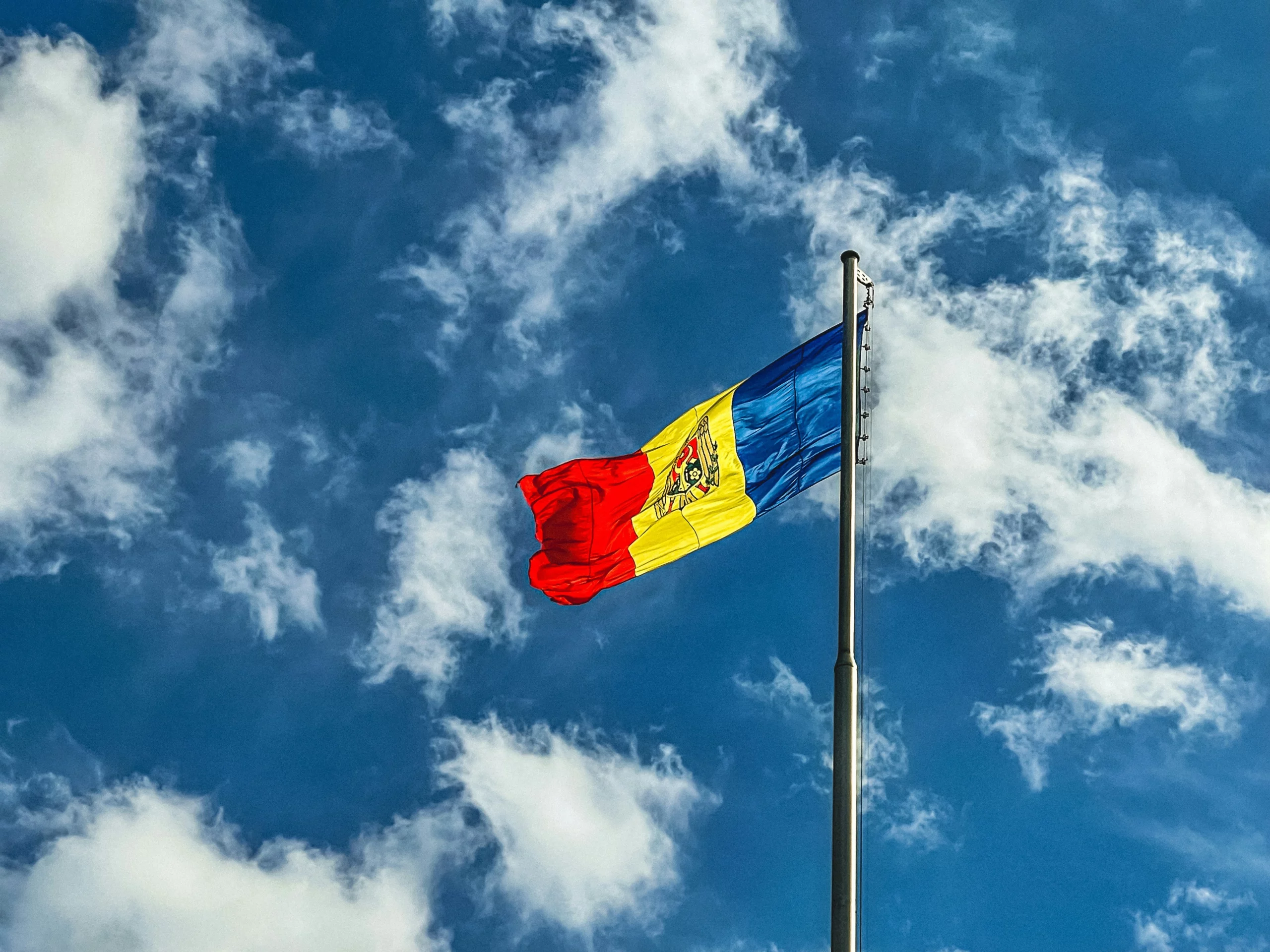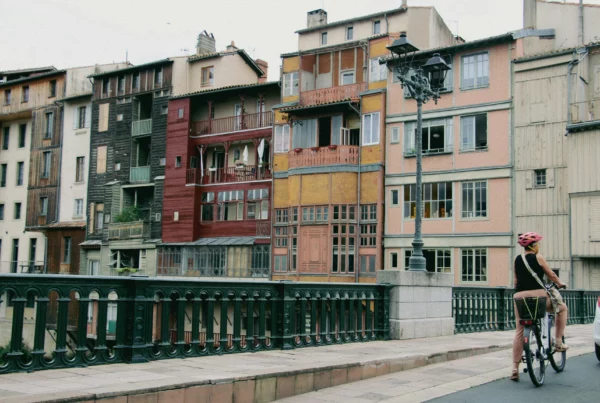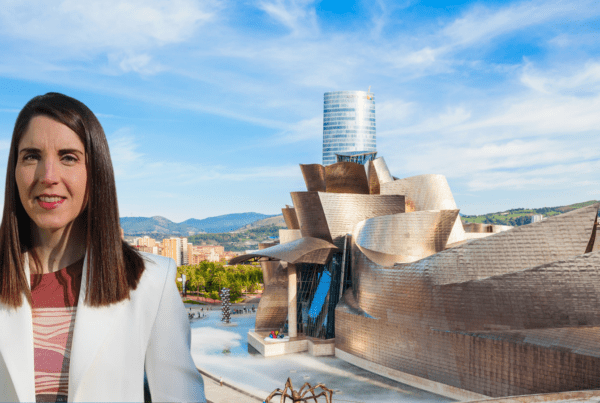How Local Governments and International Networks Strengthen Moldova’s European Path and why this matters even more after the Referendum
CEMR Secretary General Fabrizio Rossi offered heartfelt congratulations to Moldova following the results of last week’s referendum on EU accession. Moldovan citizens narrowly approved constitutional changes reflecting a commitment to joining the EU, with 50.46% voting “Yes” and 49.54% voting “No.”
“We understand how significant this is for you and your daily efforts. Please know that we at CEMR have been standing by your side and advocating for it from the beginning, and we share in your joy. “- stated Mr.Rossi.
In response to Russia’s invasion of Ukraine and Moldova’s accelerated reform efforts, the EU granted Moldova candidate status in June 2022. By December 2023, the European Council decided to open accession negotiations, and the first intergovernmental conference in June 2024 officially commenced the process, signifying Moldova’s significant progress toward EU membership.
CEMR engagement with Moldovan Local Government and the Association CALM:
Local and Regional cooperation has played an important role in this process. Indeed, since 2015, the Congress of Local Authorities from Moldova (CALM) has partnered with PLATFORMA to strengthen Moldova’s role in the European landscape and build local resilience through sustainable governance. CALM has become a trusted and engaged ally, representing Moldova’s local governments in development discussions and promoting international collaboration within the Neighbourhood East cluster.
“The role of local authorities in this context is essential, and the membership support processes must guarantee them the means to ensure with responsibility, integrity, and autonomy the provision of local public services to their citizens” – continues CEMR Secretary General Fabrizio Rossi.
In this perspective, technical cooperation, and exchanges of experience between communities in the EU and candidate countries, or among the candidate countries, constitute an essential tool to enable adapted and pragmatic implementation of the regulatory framework and local public services in compliance with EU standards.
CEMR and PLATFORMA, since 2015, have delved into critical themes for Europe’s future exploring issues of democracy, sustainable development, and the EU enlargement process. For instance, under the Eastern Partnership programme, our members have longstanding decentralised cooperation activities with Moldovan counterparts.
PLATFORMA and CALM partnership:
In August, Lithuania’s association ALAL organised a local-to-local seminar in Moldova promoting youth participation in governance, aiming to build leadership capacity through international cooperation. Similarly, in September, leaders from France and Moldova gathered in Grenoble for the first forum on decentralised Franco-Moldovan cooperation. Organised by the French Association of the Council of European Municipalities and Regions (AFCCRE) under the PLATFORMA Eastern Neighbourhood programme, the event, “Choosing Europe: Decentralisation as a Driving Force Behind the Franco-Moldovan Partnership,” brought together around forty elected officials, reinforcing the links between both nations and highlighting decentralisation’s role in Moldova’s EU accession process.
On 28 November, local leaders from Georgia, Moldova, and Ukraine will join the EU-Eastern Neighbourhood Local Leaders Seminar in Brussels. This event, organised with SALAR International (part of the Swedish Association of Local Authorities and Regions) and PLATFORMA, will offer a critical opportunity for dialogue with the European Commission and other leaders on the challenges facing local governments across Europe. You can register for the seminar here.
Local and regional governments, supported by associations such as CALM, play a vital role in Moldova’s EU journey. Their commitment to decentralised cooperation and alignment with EU standards strengthens Moldova’s democratic institutions and helps meet citizens’ aspirations for a European future.
Why does this matter?
On 3 November, Moldovan citizens will return to the polls for the second round of the presidential election. Pro-European candidate Maia Sandu led the first round with 41% of the vote, while her opponent, Aleksandr Stoianoglo—backed by the pro-Russian Socialist Party—surprised many with 26%. Sandu now faces a challenging runoff as opposition forces may rally around Stoianoglo. This election could overturn the results of the 20 October referendum, committing local leaders even more crucial to safeguard the hard-won progress achieved so far to bring Moldova closer to the EU.
Interested in CEMR and PLATFORMA’s work in the Eastern Neighbourhood countries?
You may want to check the PLATFORMA SGA4 2023-2026 Eastern Partnership Cluster, a hub of collaborative action and regional growth and see how you can get involved!
Our activities include:
- Thematic Cluster Meetings: Regular sessions to set strategies, share updates, and align priorities for Eastern Partnership policies and initiatives.
- Advocacy and Policy Work with EU Institutions: Engaging with EU bodies to shape policies, advocate for local government interests, and support integration efforts.
- Country Coordination Meetings: National meetings to align activities, share best practices, and strengthen cooperation among local authorities.
- Study Visits: Exchange programs where local leaders can learn from peers, enhancing skills and building capacity for effective policy implementation.
- Seminars: Workshops to deepen knowledge, foster partnerships, and tackle challenges in local governance.
Get in touch to learn more about how you can be part of this initiative!

Advisor – Eastern Partnership and Geographical Dialogues







